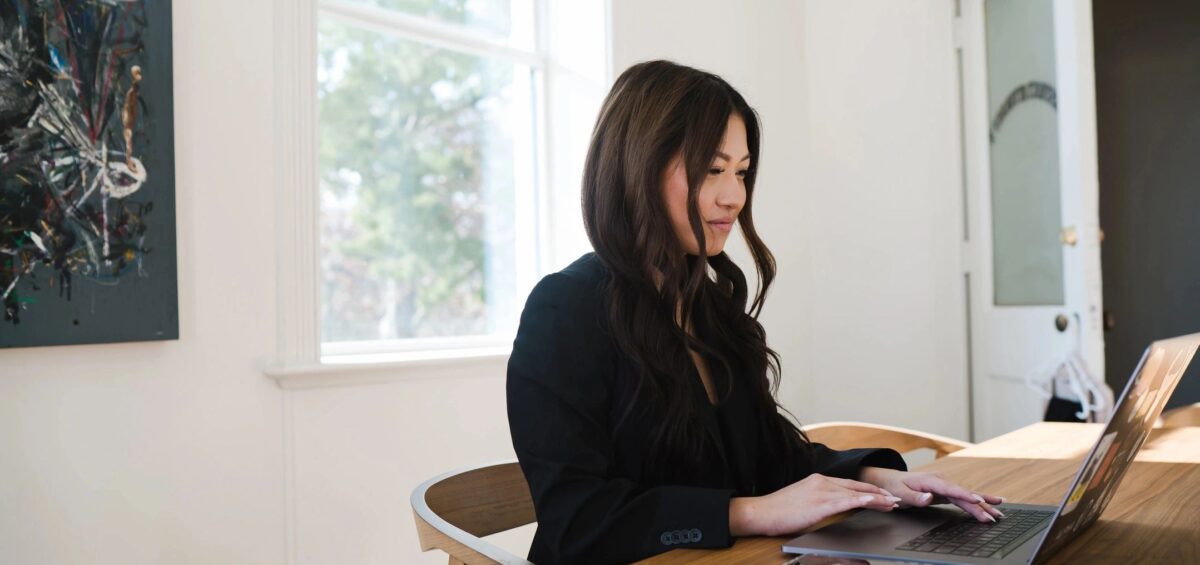Tips for Cultivating Culturally Competent and Humble Therapists
By Shannon Heers
As a therapist, I’m always seeking tips on how to become more culturally competent in my practice. In today’s diverse and even globalized world, culturally competent and humble therapists are important. We strive to be aware of our own cultural biases and beliefs, as this helps us to more fully understand and respect the different cultural backgrounds and experiences of our clients.
Many of you already know the basics of how to become more culturally competent. But it always helps to have a nice reminder of what to do and how to do it. I’m hopeful that reading this blog will inspire you to do at least one thing to improve your cultural awareness.

Educate Yourself on Diversity and Cultural Differences
While it may be impossible to educate yourself about every single different culture, you can still take steps to learn more about diversity and cultural differences in general. Learning about different cultures, races, ethnicities, genders, and neurodiversity can help you to understand how these differences can affect people’s lives and experiences.
Yes, it is probably impossible to learn about every single different cultural difference. But you can strategically educate yourself about those that you do or may experience in your counseling practice. If several clients you see belong to a particular ethnicity, or religion, or are a certain type of neurodivergence, it will only help you to learn more about their background.
Acknowledge Your Own Cultural Biases and Beliefs
Perhaps even more important than knowledge is the awareness and acceptance of your own cultural beliefs and biases. Because who you are as a person most definitely affects your interactions with clients.
Reflecting on your own experiences and beliefs, and even processing what this means to you, is a good way to start. What you have gone through in your life and what you believe shapes how you perceive others. Even though we as therapists try really hard not to bring our own biases into the therapy space, it still happens. So acknowledging when it occurs instead of ignoring it is the best way to move forward.
Practice Active Listening
 Active listening is considered a basic counseling skill, but it is anything but basic. It may take years to fully develop your ability to actively listen, which means to be in tune with what your client isn’t saying. Trying to understand your client’s perspectives and experiences from their point of view, instead of your own, is something that takes practice.
Active listening is considered a basic counseling skill, but it is anything but basic. It may take years to fully develop your ability to actively listen, which means to be in tune with what your client isn’t saying. Trying to understand your client’s perspectives and experiences from their point of view, instead of your own, is something that takes practice.
It is important for you as a therapist to be fully present with your client, and non-judgmental. And this is something that you are good at! This can help you to better understand your client as you suspect your own opinions and beliefs. Sometimes this can challenge even the most seasoned clinician, but I believe that active listening can be incredibly impactful.
Be Respectful and Non-judgmental
Regardless of a client’s cultural background or experience, one of the most powerful things you can do as a therapist is to respect and not judge your clients. In actuality, what this means when working with someone with a different cultural background is not making assumptions or stereotypes of your client.
It is definitely ok to say something like “what does that mean for you” if you are unsure about what your client is referring to or how they are feeling. This ensures that you are not responsible for cultural knowledge that you may not yet have, while still keeping the focus on the client, instead of shifting it to yourself.
Be Flexible in Your Approach
Culturally competent therapists are able to adapt and change their therapeutic approaches to meet the unique needs and experiences of each client. You may want to incorporate different cultural practices and traditions into therapy. Or you may use different therapeutic techniques that are more appropriate for the client than your usual interventions.
Knowing that all clients don’t fit into one box, and adjusting your work based on cultural need, is important. For example, your ability to connect with clients and to understand the influences on their identity development may take less of a typical CBT engagement and more of a narrative approach.
Seek Out Diverse Experiences
 As a person, if you seek out your own diverse experiences, the more culturally competent as a therapist you will be. Perhaps this is through reading books of characters from other cultures or set in other countries. Maybe it’s watching movies or TV shows that highlight cultures that are different from your own. Attending plays, art shows, or concerts that you do not typically go to can open up your mind to diversity in many forms.
As a person, if you seek out your own diverse experiences, the more culturally competent as a therapist you will be. Perhaps this is through reading books of characters from other cultures or set in other countries. Maybe it’s watching movies or TV shows that highlight cultures that are different from your own. Attending plays, art shows, or concerts that you do not typically go to can open up your mind to diversity in many forms.
Being intentional about your future experiences can help you become more humble. The more you are exposed to, the more you realize what you don’t know. And this helps you to connect with others from different cultures in a way that is real and authentic.
Collaborate with Other Professionals
Seek out diversity with your colleagues, too. Learning about different perspectives and others’ experiences can be a great way to broaden your understanding of diversity and cultural differences. I know that I seek to make connections with therapists who have different backgrounds and specialties, and this only makes me a better therapist.
While attending any professional development event, such as workshops, formal trainings, or webinars, try to meet and connect with at least one colleague. Seeking mentorship or formal clinical consultation from therapists who may be more experienced than you are will also help to expand your cultural awareness.
Practice Self-Reflection and Ongoing Learning
Becoming a culturally competent and humble therapist is a lifelong activity. Your ongoing work in this area requires regular self-reflection. One way to do this is to do consistent check-ins with yourself and your own beliefs and biases. If you are engaging in structured reflection each month, day, or week, that can help remind you to prioritize your cultural competency.
You can also actively seek out opportunities to learn and grow your cultural awareness, as mentioned above. One of the things I am committing to over this next year is to read books by diverse authors, featuring characters from various cultural backgrounds. Again, I’m realizing how much I really don’t know, and that is keeping me humble and on track to learn even more.
All of these above tips will help you move forward towards becoming a more humble and culturally aware therapist. This can help you to provide high-quality, culturally sensitive care to all of your clients, present and future.
If you are interested in connecting with a more experienced therapist to help improve your cultural competency, check out our experienced clinical supervisors. They can offer regular clinical consultation with a focus on cultural diversity and can keep you on track to be the best culturally competent therapist that you can be.
How we can help
Are you seeking peer consultation within a community of other like-minded private practice therapists? Check out our Clinical Consultation Community, which offers individual and group consultation, monthly clinical trainings, and more! What is holding you back? Get started today with peer consultation!
Download our Free Burnout Prevention Checklist! You can also sign up for a free phone consultation to discuss options and learn more about us!
Author Bio
 Shannon Heers is a psychotherapist, approved clinical supervisor, guest blogger, and the owner of a group psychotherapy practice in the Denver area. Shannon helps adults in professional careers manage anxiety, depression, work-life balance, and grief and loss. Follow Firelight Supervision on Instagram.
Shannon Heers is a psychotherapist, approved clinical supervisor, guest blogger, and the owner of a group psychotherapy practice in the Denver area. Shannon helps adults in professional careers manage anxiety, depression, work-life balance, and grief and loss. Follow Firelight Supervision on Instagram.



